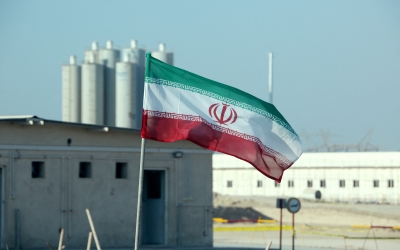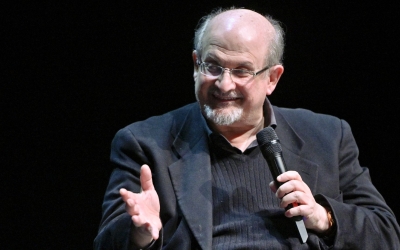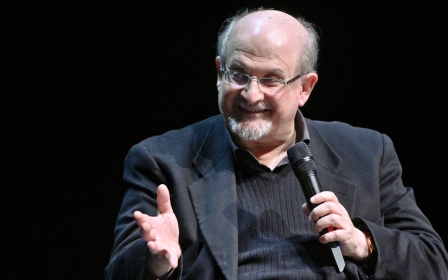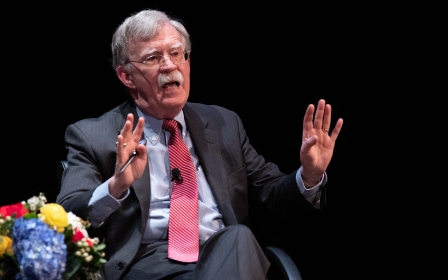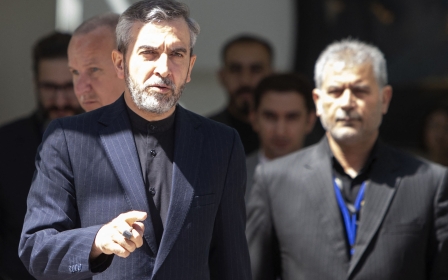Iran and US trade barbs over Rushdie attack, nuclear talks
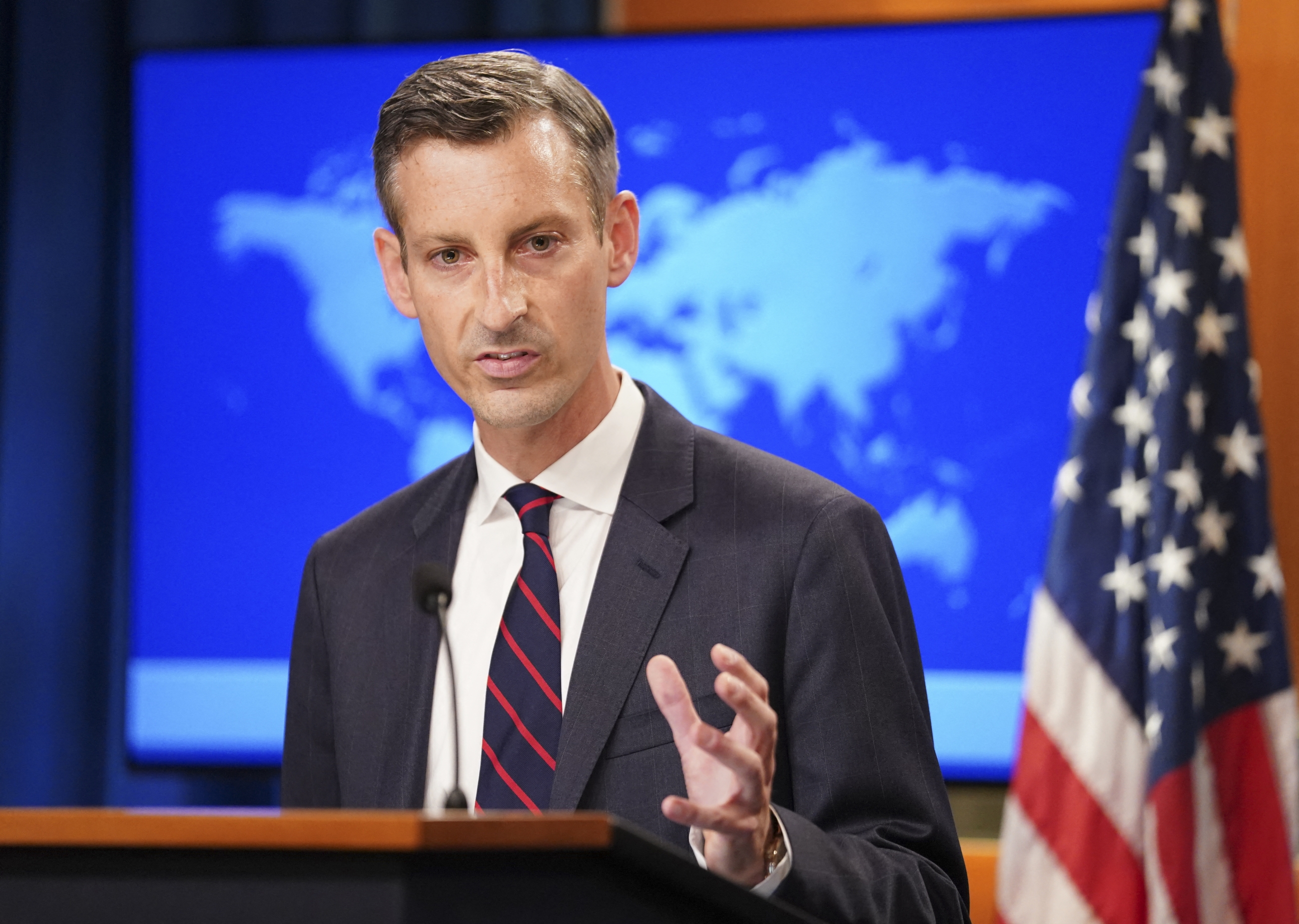
The US and Iran traded barbs Monday over an EU proposal to revive the nuclear deal, with Tehran warning it, too, has a "plan B", should negotiations break down.
“There are three issues that if resolved, we can reach an agreement in the coming days,” Iranian Foreign Minister Hossein Amirabdollahian said earlier on Monday, suggesting Tehran intends to extend negotiations past an EU deadline set for Monday night.
“We have told them that our red lines should be respected ... We have shown enough flexibility ... We do not want to reach a deal that after 40 days, two months or three months fails to be materialised on the ground.”
State Department spokesman Ned Price said Iran had to give up its “extraneous demands” in order for a deal to be reached, as he ruled out further negotiations.
The comments come as the EU looks to pressure both sides to go public on whether they back a 26 July text proposed by the European bloc to revive the deal, with European diplomats calling it a “yes or no” moment.
Talks to revive the 2015 nuclear deal, known formally as the Joint Comprehensive Plan of Action (JCPOA), have dragged on for 16 months. In recent weeks, negotiators have whittled down differences between the two sides.
According to the Wall Street Journal, European diplomats promised to shut down a probe by the International Atomic Energy Agency (IAEA) into Iran’s undeclared nuclear programme. Tehran has also obtained guarantees about ensuring the economic benefits of a deal.
Meanwhile, the US has managed to push back against Iran's demand that the US lift sanctions on the Revolutionary Guard Corps as a prerequisite to reentering the deal.
The US has said it will provide a response to the European Union's "final" text on reviving the deal in private but gave no timeline. Iran said it will respond by Monday, but no answer had come by the time of publication.
Salman Rushdie attack
The talks come as the two sides clashed over the stabbing of British author Salman Rushdie in upstate New York last week.
Iran pushed back against claims it had any links to the author’s attacker, even as it blamed Rushdie himself for "insulting" Islam in the novel "The Satanic Verses”.
"In this attack, we do not consider anyone other than Salman Rushdie and his supporters worthy of blame and even condemnation," Iran's Ministry of Foreign Affairs spokesman, Nasser Kanaani, said.
"By insulting the sacred matters of Islam and crossing the red lines of more than 1.5 billion Muslims and all followers of the divine religions, Salman Rushdie has exposed himself to the anger and rage of the people."
In Washington, US State Department spokesman Ned Price blasted the statements by Kanaani blaming Rushdie for the attack.
"It's despicable. It's disgusting and we condemn it,” he said.
The award-winning writer had spent years under police protection after Iranian leaders in 1989 called for Rushdie's killing over his portrayal of Islam and the Prophet Mohammed in the novel "The Satanic Verses".
Iran's then-supreme leader, Ayatollah Ruhollah Khomeini, issued a religious decree, or fatwa, ordering Muslims to kill Rushdie for what he deemed the blasphemous nature of "The Satanic Verses".
The fatwa was never officially lifted and translators of the novel were attacked in the past. Hitoshi Igarashi, a scholar who translated the novel into Japanese, was fatally stabbed in Tokyo in 1991.
The ultra-conservative Kayhan newspaper, whose director is appointed by current supreme leader Ayatollah Ali Khamenei, greeted the attack.
"Bravo to this courageous and duty-conscious man who attacked the apostate and depraved Salman Rushdie in New York," it said.
With the exception of reformist publication Etemad, Iranian media followed a similar line, also describing Rushdie as an "apostate".
One state-owned paper in Iran said that the "neck of the devil" had been "cut by a razor".
Middle East Eye delivers independent and unrivalled coverage and analysis of the Middle East, North Africa and beyond. To learn more about republishing this content and the associated fees, please fill out this form. More about MEE can be found here.


